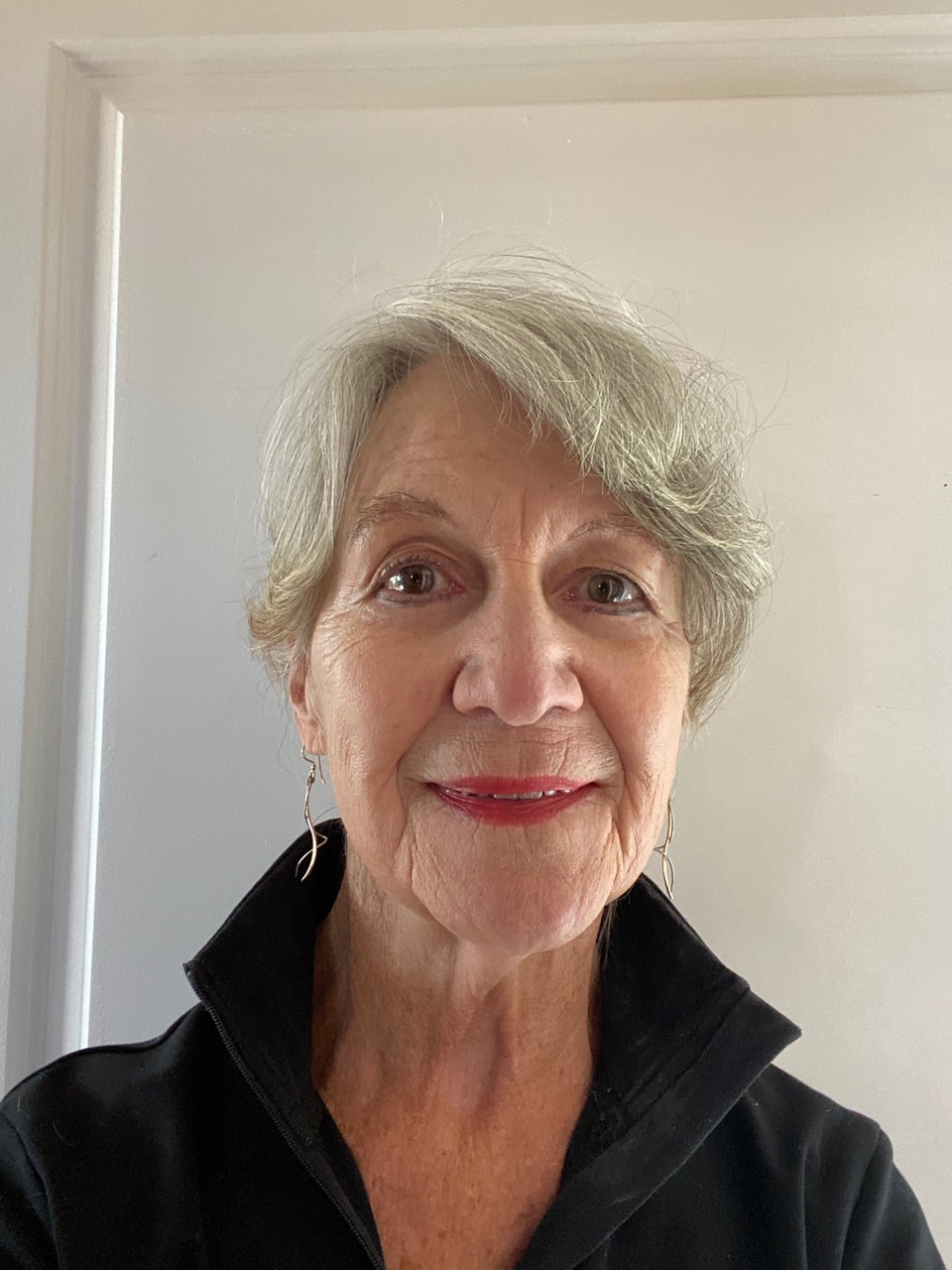 “No, Jose. That was too rough! Help him up and tell him you are sorry” stated the teacher. I was observing this activity in the Taos Behavioral Health small day care center for employees’ children. Six boys aged 3-6 were playing touch football in the side yard under the watchful eye of their teacher seated in a corner. It was an exuberant active scene—but with clear limits stated by their teacher. And the limits related to caring for others—noticing others—and quickly making an apology.
“No, Jose. That was too rough! Help him up and tell him you are sorry” stated the teacher. I was observing this activity in the Taos Behavioral Health small day care center for employees’ children. Six boys aged 3-6 were playing touch football in the side yard under the watchful eye of their teacher seated in a corner. It was an exuberant active scene—but with clear limits stated by their teacher. And the limits related to caring for others—noticing others—and quickly making an apology.
Last week I watched the movie “12 Years a Slave” based on an 1853 memoir by Solomon Northrup, a free black man in New York state who was captured by bounty hunters and sold as a slave. As I watched the arm of the plantation owner crack the whip across the back of a female slave, I recalled the police arms hitting protesters with their batons. We have been observing and participating in various forms of violence a LONG time in this country—and it continues.
While it has been heartwarming to see the variety of ages and ethnic backgrounds participating in demonstrations, it has also been hopeful that many of these marchers are young. They are incensed and know that they have to change their world in order to live a life reflective of our fundamental democratic values.
Research shows that stereotyping and devaluing of the “other” starts early and is taught in subtle lessons. Some youth grow up in communities so homogeneous that they never have direct interaction with people who are different from them. Research shows that even media examples of positive successful individuals of all races and cultural backgrounds make a difference in helping people reduce their prejudices. But the most powerful lessons come early in life, from experiences reinforced by positive caring adults. And Taos is a great laboratory for this to happen.
At TBH, our clients reflect a wide variety of experiences with violence and ”others.” Many youth report that they are bullied—usually for some identifiable trait of behavior or cultural background. Children who are being raised by grandparents often reflect the reality that their parents are missing due to the violence of drugs and crime. Adults who have experienced domestic violence speak of the lack of models or protective helpers who intervened or showed them another way. Veterans reflect the trauma resulting from them doing our work—taking the lives of those defined as enemies.
How do you learn to act another way? In the TBH youth groups—like the example in the day care setting described above—we stress the need to look at feelings—at the consequences of our behavior. And to act by taking responsibility. The current frequency of cell phone recordings of police violence is creating a national reality where behavior of rogue cops is recorded.
New Mexico is a blend of cultures creating a rich compelling environment that has attracted settlers through the centuries. The most recent arrivals tend to be retirees coming with resources and anticipating a life enriched by the cultural diversity. But there is a tendency to appropriate this richness—much like the Anglo community appropriated black jazz or Native Americans’ art—without recognizing the violence and trauma powering that art.
The 2018 FBI report indicates that violent crime in Taos is 35% above the national average and property crime is 251% above the national average. The Coalition to Stop Violence Against Native Women served 5,735 individuals in New Mexico in 2017. We reflect the realities of poverty, access to drugs, and despair out of lack of hope.
Becoming sensitive and open to learning how best to make a difference is a necessary and humbling task. We cannot ask others to do the work that we need to do. It may mean only offering financial help to those organizations doing the hard work of supporting new opportunities for residents. If we do not know the language, the culture, the lived experiences of those knowing violence, we act out of ignorance that can reinforce anger and pain.
We need to listen—really listen and accept responsibility for how our own choices impact others.
TBH has the largest staff of licensed and credentialed behavioral health professionals in Northern New Mexico. We can be reached at 575-758-4297 or www/TaosBehavioralhealth.org or 105 Bertha in Taos.
Mary McPhail Gray is the Board Chair of TBH. She can be reached at 575-779-3126 or mcphailconsulting@gmail.com

